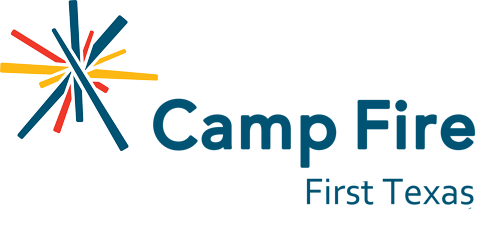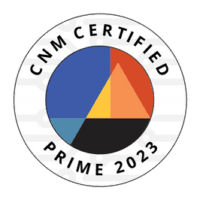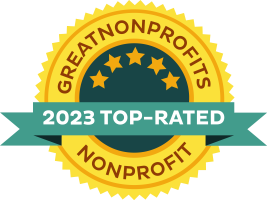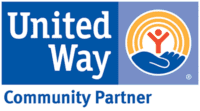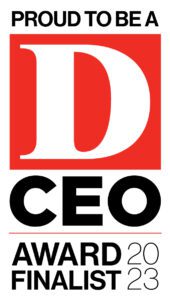
There is a toddler adage (see “Murphy’s Law of Toddlers”) that goes like this:
If it’s mine it’s mine,
if it’s yours it’s mine,
if I like it, it is mine,
if I can take it from you it is mine,
if I am playing with something ALL of the pieces are mine,
if I think it is mine it is,
if I saw it first it’s mine,
if I had it then put it down it is still mine,
if you had it then you put it down it is now mine,
if it looks like the one I have at home it is mine,
if it is broken it is yours.
To a Toddler, THAT is a winning framework. Getting what they want—that’s winning. And not getting what they want—that is losing. Losing results in a clear display of dissatisfaction marked by screaming and kicking, tears and shouts, a verbal and physical individual parade of disgruntlement. Toddlers can only hold so many possibilities in their mind at one time. They tend to be pretty dichotomous creatures, seeing the world as split into two possibilities: yes/no, good/bad, yours/mine. Anything less than the one absolute outcome of what they want is losing, big time—and “not-fair!”
Thank goodness we grow out of that!
Don’t we?
Lately I’m not so sure. I’m getting a bit worried that we are not growing into the curious, critical thinkers we need to be. Critical thinking skills are high-level skills that require the ability to reason, analyze, judge, predict, compare, contrast, and infer by looking closely at evidence—dare I say facts?—before landing on an opinion. Also sometimes referred to as a part of executive functioning skills, these abilities are essential characteristics that universities hope for in students, that companies seek in employees, and that we dream for in the leaders of our communities. High quality, evidence-based early childhood programs, like Camp Fire’s Child Development Center, and high quality professional development teach these skills.
Early education programs and families must work together to nurture these skills throughout a child’s day. Zero to Three, a national well-respected advocacy and education group, shares tips for how to help your child hone critical thinking skills in young children.
As I experience the ways that people respond to differing opinions, instead of debate, I see bullying instead of debate, I see questions meant to belittle vs questions meant to enlighten, I see us coming to places in which we, like toddlers, can only manage two possibilities—one of us is right and one of us is wrong. There is a lot of space in between. Many things can seem opposing and be true at the same time. It does not always have to be an either/or. We really do need to learn and practice skills like negotiation, debate, argument, critical thinking, and how to listen to understand, how to share an opinion with confidence and grace, how to work, to neighbor, to Facebook, to church, to shop, to and show up alongside people who think differently than we do.
Practically speaking, we just don’t get good work done without these skills. We get two people going through the motions of the moment, tearing down one another, swimming in the ignorance of the space rather than doing something constructive in the space of disagreement. On a seemingly daily basis we see examples of this play out in our politics, but they don’t have to play out this way on the playground.
We have opportunities to show some discretion in front of our children. They are learning from us. We must demonstrate an effort to be curious about things, to really explore them, to ask questions, be open about the answers—and to seek out the realities instead of reacting to or out of fear, insult, or power. It is okay to disagree. It is possible for two positives to hold truth and for us to engage from two seemingly different places at the same time. Brene’ Brown, a professor at the University of Houston who studies empathy, lists examples of what we can do at the “exact same time”:
- Be brave and be afraid
- Support the military and support peaceful protest
- Support responsible gun ownership and support gun reform
- Advocate for justice in our communities and be global activists
It is almost always possible to agree on something—with respectful recognition of each person’s right to their opinion (hopefully based on obtainable facts). It may not feel completely satisfying to meet somewhere in the space between. However, Toddlers must learn that “this is mine” doesn’t always apply. They can both play with and share toys at the same time, and with our help they get there.
Today’s politically-charged landscape can invite both conversation and disagreement. It opens the doors to deepening our knowledge from different perspectives and the freedom to share our own. For adults and for children, there are real opportunities for learning in the space between two people who disagree—at the same time. That type of learning…is winning.
 Lyn Lucas is the Chief Program Officer at Camp Fire First Texas. Lyn brings more than 20 years of experience working with children and youth. Her specialties include working with children in both the non-profit and for-profit sectors, managing school-age programs and NAEYC-accredited early childhood education programs. She has served as a Program Director, Child Development Coordinator, Child Care Center Director, Regional Director, a Master Registered Trainer in early care and education and has taught numerous classes and workshops throughout North Texas. Lyn holds a Master of Education in curriculum studies and serves on the Texas Youth and Child Care Worker Association board.
Lyn Lucas is the Chief Program Officer at Camp Fire First Texas. Lyn brings more than 20 years of experience working with children and youth. Her specialties include working with children in both the non-profit and for-profit sectors, managing school-age programs and NAEYC-accredited early childhood education programs. She has served as a Program Director, Child Development Coordinator, Child Care Center Director, Regional Director, a Master Registered Trainer in early care and education and has taught numerous classes and workshops throughout North Texas. Lyn holds a Master of Education in curriculum studies and serves on the Texas Youth and Child Care Worker Association board.
